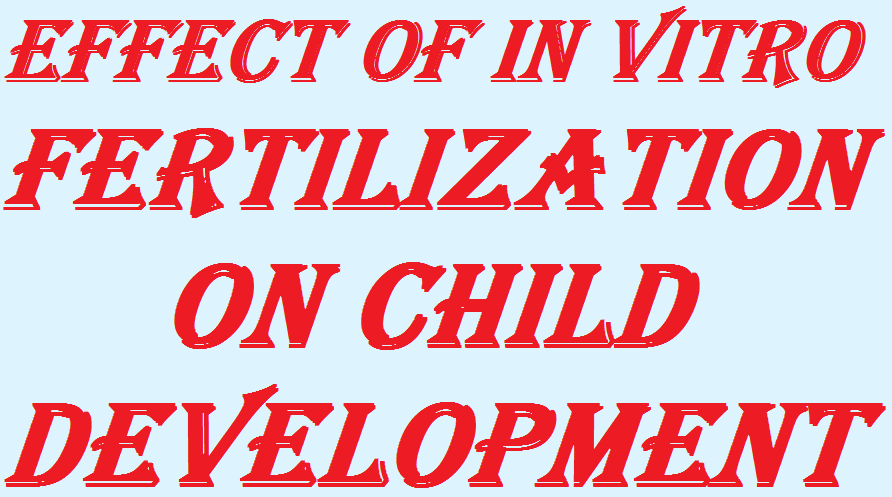Health of children born through artificial insemination:
Children conceived through IVF show no disadvantage in terms of development or academic achievement at primary school age compared to their naturally conceived peers, concludes this very broad analysis from the Australian Federal Government Graduate Research Scheme and Mercy Foundation conducted on data from more than 400,000 children. Conclusions presented in the journal PLoS Medicine that can reassure parents who have conceived or are about to conceive through IVF.
Effects of conception by IVF on the developmental results of children:
Today, in vitro fertilization (IVF) is a common method of conception. It is estimated that around 3% of children are conceived through IVF. However, it remains important to understand and monitor the long-term implications for these children. This is the objective of this very large Australian study which looks at the possible effects of conception by IVF on the developmental results of children.
For developmental and scholastic outcomes at the elementary level:
The study therefore analyzed observational data related to mothers and their children Australia-wide, either mothers and single infants conceived spontaneously or by IVF, born in Victoria, Australia, between 2005 and 2014. The analysis therefore took into account developmental and school results at primary school age and compared these data in the case of conception by IVF vs spontaneous conception: the analysis focused on data from 412,713 children including 4,697 children conceived by IVF, 168,503 by natural conception for the 1st cohort, and 8,976 children conceived by IVF and 333,335 controls for a second cohort.
2 main measures were evaluated with recognized scales, the developmental vulnerability of the child at school entry (4 to 6 years old) and the school result between 7 and 9 years old.
The analysis concludes:
the absence of a causal effect of IVF conception on the risk of developmental vulnerability at school entry vs natural conception;
the absence of a causal effect of conception by IVF on the school achievement score at the age of 7 to 9 years.
In conclusion, until the age of at least 9 years, the developmental and academic results for children conceived by IVF are equivalent to those of children conceived spontaneously.
“Results that should reassure current and future parents, as well as their doctors”




